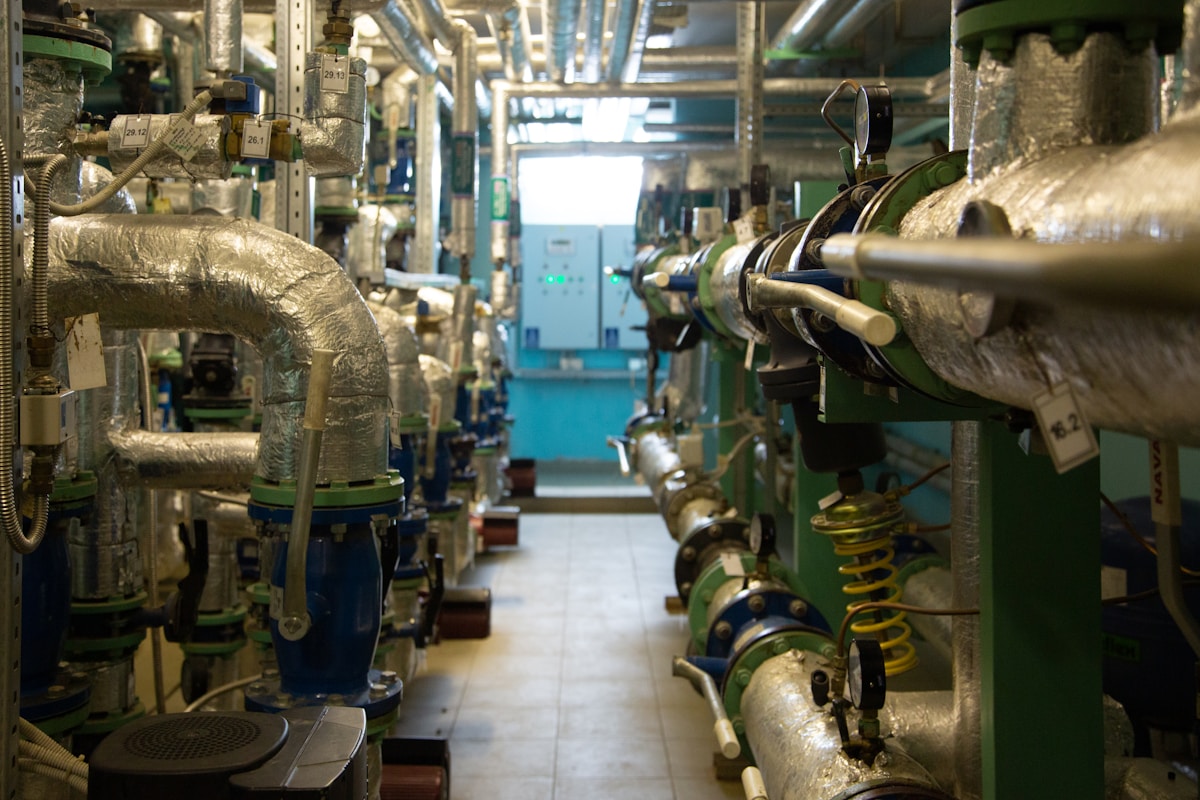Back to Industry News
Cleantech
RESTORE Project Validates Thermochemical Energy Storage
Summary generated with AI, editor-reviewed
Heartspace News Desk

Photo by Sergei Wing on Unsplash
Key takeaways
- A European Union project, RESTORE, has successfully developed and validated a thermal energy storage system
- Launched in October 2021, the project integrates renewable energy and waste heat into district heating and cooling networks
- Twelve partners across seven countries collaborate on the initiative, led by Fundación CENER
A European Union project, RESTORE, has successfully developed and validated a thermal energy storage system. Launched in October 2021, the project integrates renewable energy and waste heat into district heating and cooling networks. Twelve partners across seven countries collaborate on the initiative, led by Fundación CENER. The project aims to create sustainable energy solutions.
The system combines thermochemical energy storage (TCES) with a reversible organic Rankine cycle (rORC). TCES enables long-term heat storage through reversible chemical reactions. The rORC functions as both a heat pump and a power generator, adapting to energy demands. TU Wien developed TCES reactors and validated their performance through repeated heat charging cycles. A virtual tool for process modeling also emerged from the project. This tool demonstrates the technology's potential for emissions reduction and improved energy efficiency.
The final phase of RESTORE involves integrating the TCES and rORC systems. Testing of the RESTORE demonstrator will occur at TU Wien. The consortium seeks collaboration with stakeholders, municipalities, and industry leaders. This collaboration aims to facilitate the industrial application of the technology.
Related Topics
thermal energy storagedistrict heatingrenewable energywaste heatthermochemical energy storagereversible organic Rankine cycle
Want coverage like this for your company?
Local & industry wins build trusted proof, SEO/geo signals and prime national editors.
Check fit (2 min)